What is Sleep Apnea
Understanding
Sleep Apnea
Whether you’ve just been diagnosed with sleep apnea or possibly undiagnosed, but researching the possibilities of having it, we know you have a lot of questions. What is sleep apnea? How do I know if I have it? What do I do next? Well, you’ve come to the right place. Dr. Gregg Edward Ueckert and his team will work closely with your sleep physician who will diagnose the severity of your sleep apnea after completion of your sleep study. We will work with your sleep physician to create an oral appliance specific to your Sleep Apnea needs.
If you suffer from apnea, snoring might be your first sign of your airway narrowing. The narrowed airway causes snoring by making the tissue in the back of the throat vibrate as you breathe. If you feel tired or unrefreshed after waking up even though you have had a full night of sleep, it may be due to sleep apnea. As the disease process progresses it leads to further collapsing of the airway, either complete (apnea) or partial (hypopnea) airway closure. Instead of resting during sleep, people with sleep apnea experience repeated adrenaline rushes, flight or flight responses that occur when the brain detects that the body has stopped breathing.
After a few breaths, your body will relax, causing the airway to close down yet again, and the process becomes a vicious cycle throughout the night.
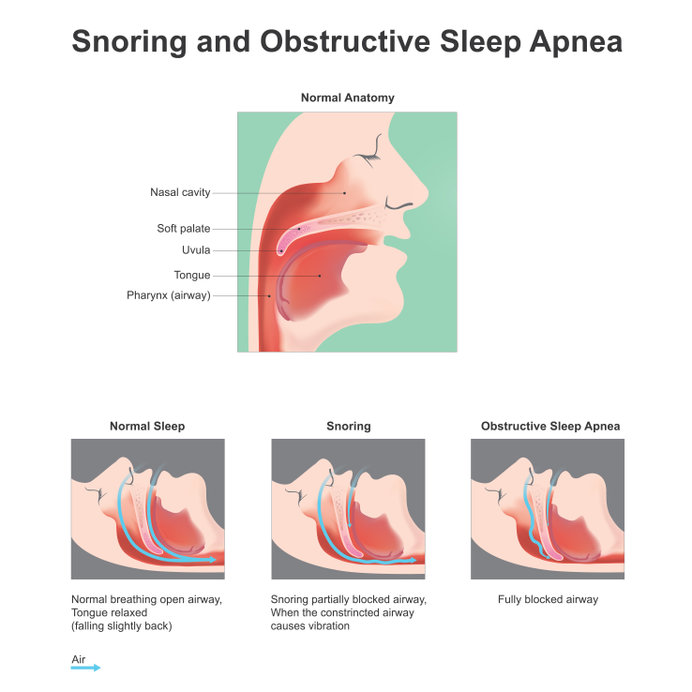
Statistics of
Sleep Apnea
- Over 25 million Americans have sleep apnea
- 80 to 90% of adults with OSA remain undiagnosed
- Severe sleep disordered breathing is associated with a 3-fold increase in all-cause mortality risk
- Sever sleep disordered breathing is associated with a 5-fold increase in cardiovascular mortality risk.
- OSA triples the risk of risk of incident hypertension over a period of 4 years
- 70-83% of patients with drug-resistant hypertension have OSA
- 70% of patients with Type 2 diabetes have sleep apnea (ASAA)
- SDB is present in 77% of men and 64% of women with a history of stroke
- 76% of individuals with congestive heart failure
- 60% of patients with metabolic syndrome
- The rate of motor vehicle accidents is seven times higher in patients with sleep apnea than in the average population
What are the symptoms of
Sleep Apnea?
The symptoms of sleep apnea can be subtle or severe. It can go undetected for a long time, and will eventually take a toll on your physical and mental well-being. See symptons below.
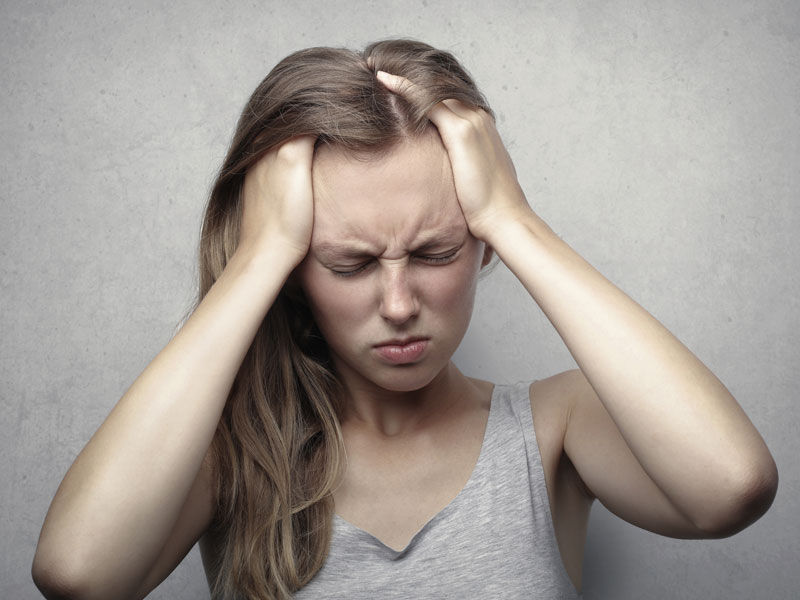
Morning Headaches
When you have sleep apnea, your breathing stops often over the course of the night. Because you’re not receiving sufficient oxygen, causing carbon dioxide levels to increase in the blood. This affects the nervous system as well as blood flow to the brain, and can lead to headaches, as well as memory issues and mood swings.
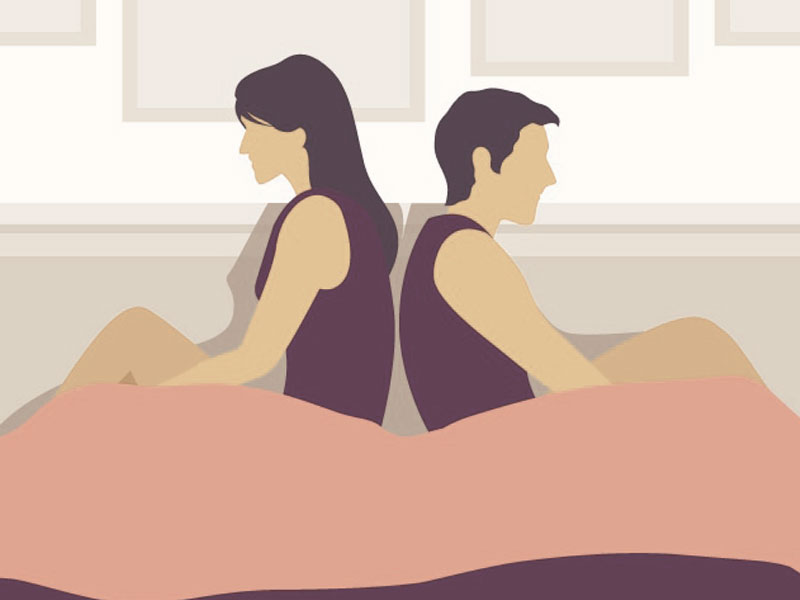
Libido Loss
Sleep deficiencies are impairing your sex life. This is a difficult topic but one that demands our attention. Johnny Carson once said: “I knew a man who gave up smoking, drinking, sex, and rich food. He was healthy right up until the day he killed himself.” All joking aside, dealing with impotence is no laughing matter. It’s an embarrassing, uncomfortable, frustrating position to be in. Physically, you may be fine. The plumbing, as they say, is working, but there is no desire. Your libido is all but non-existent.
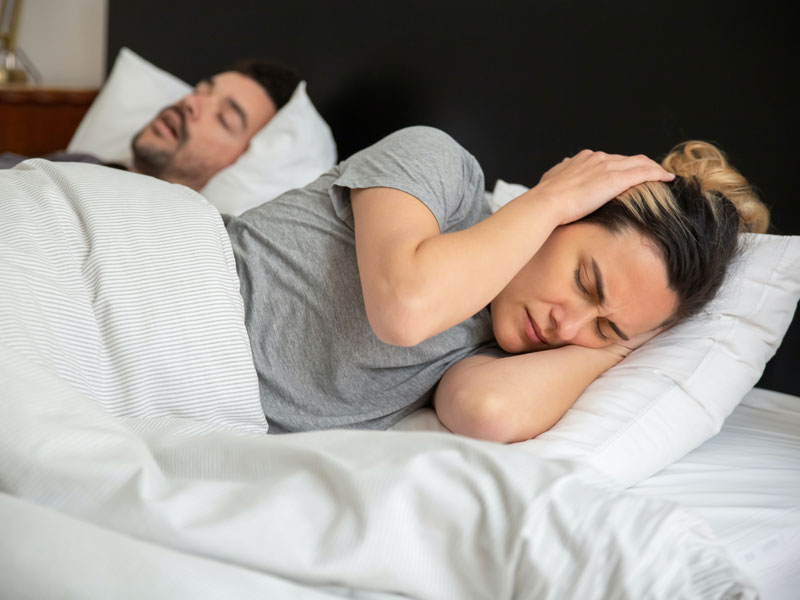
Other Symptoms
Sleep apnea takes toll on your body and your health, causing the following symptoms:
- Excessive Daytime Sleepiness
- Increased risk of cardiovascular problems (heart attack, hypertension, congestive heart failure)
- Increased risk of stroke
- Increased risk of motor vehicle accidents
- Weight gain from increased insulin resistance and glucose tolerance
Appointment Schedule
Request An Appointment
Fill Out Our Form Below To Request An Appointment
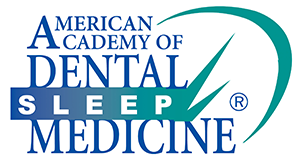
AADSM Qualified Dentist